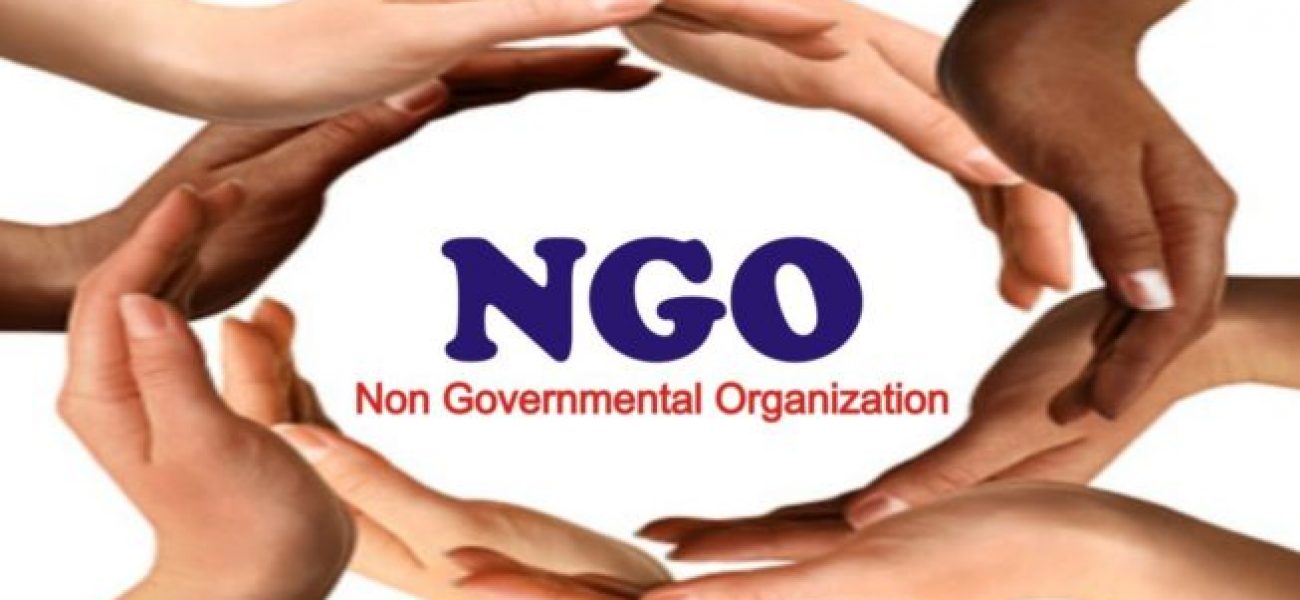Speaker of the House of Representatives, Rt. Hon. Femi Gbajabiamila has announced that the House may undertake a further review of the Non-Governmental Organisations Regulatory Commission of Nigeria (Establishment) Bill, 2016 after security concerns were raised at a meeting of its leadership with security chiefs on Monday, 23rd September 2019. The move, which will see the revisiting of an 8th House of Representatives Bill was stated after Hon. Tahir Monguno (APC:Borno) highlighted the unprecedented level of insecurity in the country at a House plenary session.
In the 8th National Assembly, some Members of the Senate and the House of Representatives unsuccessfully sought to introduce a Bill to regulate the registration and activities of Non-Governmental Organisations. While the Senate Bill (Non-Governmental Organization Regulation and Co-ordination Bill, 2015) stalled at first reading, the House of Representatives Bill stalled after arguments were canvassed against the Bill at a two- day public hearing held in December, 2017.
At the hearing many CSOs argued that the Bill’s provisions were onerous and at best, duplicated the functions of already existing agencies including the Corporate Affairs Commission. It was argued for instance that provisions requiring the co-ordination and registration of NGOs was already being carried out by the Corporate Affairs Commission, which regulates NGOs (as Incorporated Trustees) under the Companies and Allied Matters Act, Cap C.20, LFN, 2004. Other arguments stressed that granting explicit powers to the proposed Regulatory Commission to refuse registration of NGOs on “public interest” grounds could be abused to stifle civic groups and by extension, democracy given Nigeria’s history of military rule. Other concerns hedged on the requirement of registration renewal every two years being used as a backdoor for extorting funds from NGOs despite their non-profit status by bi-annual registration accompanied by a fee every two years.
Section 672 of Part C of the Companies and Allied Matters Act, 2004 provides for the registration of NGOs as follows:
“Where one or more trustees are appointed by any community of persons bound together by custom, religion, kingship or nationality or by anybody or association of persons established for any religious, educational literary, scientific, social, development, cultural, sporting or charitable purpose, he or they may, if so authorised by the community, body or association (hereinafter in this Decree referred to as “the association”) apply to the Commission in the manner hereafter provided for registration under this Decree as a corporate body”.
It is unclear what new issues the perennial quest to legislate a new law for control of NGOs is really about.

